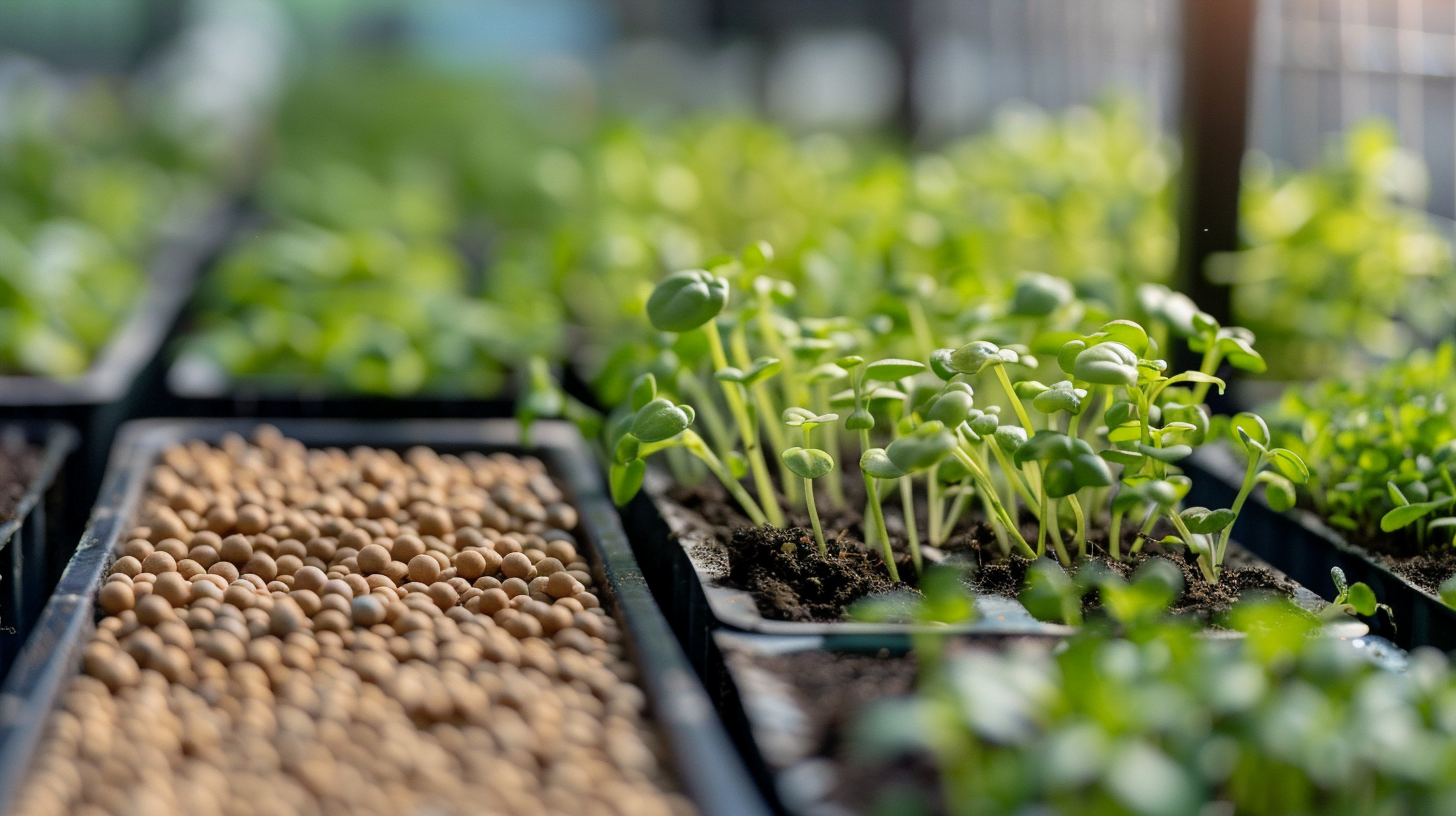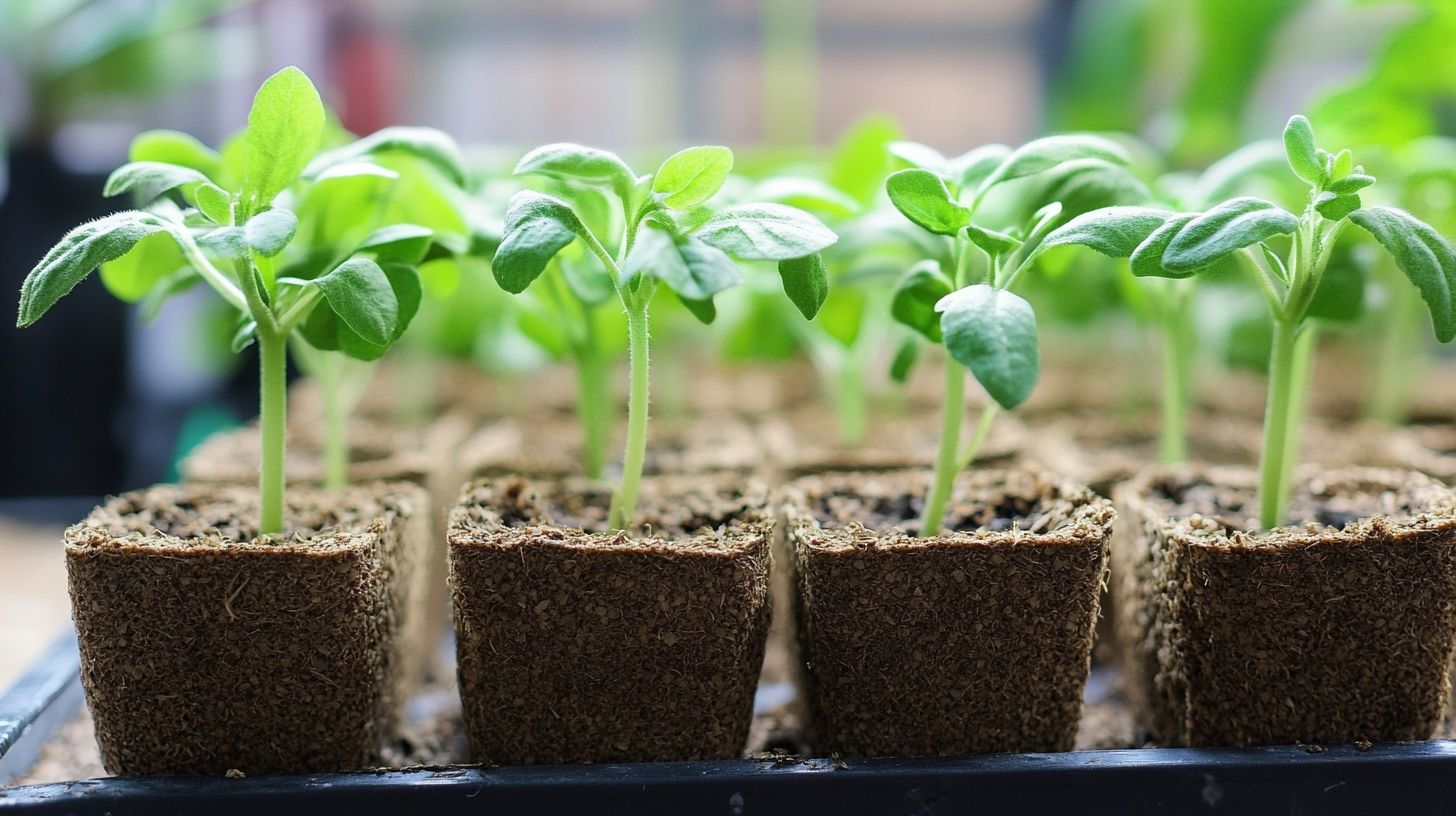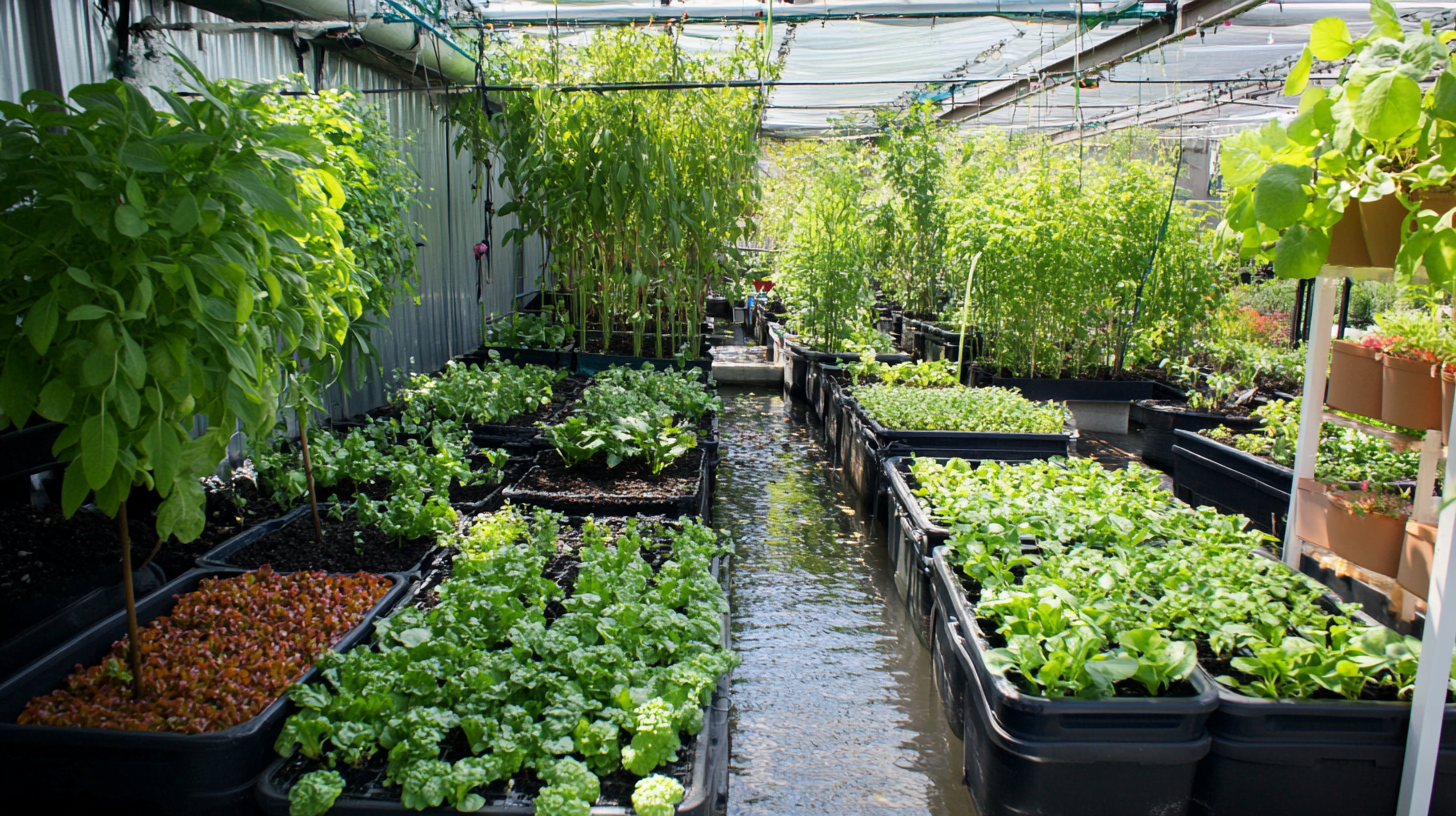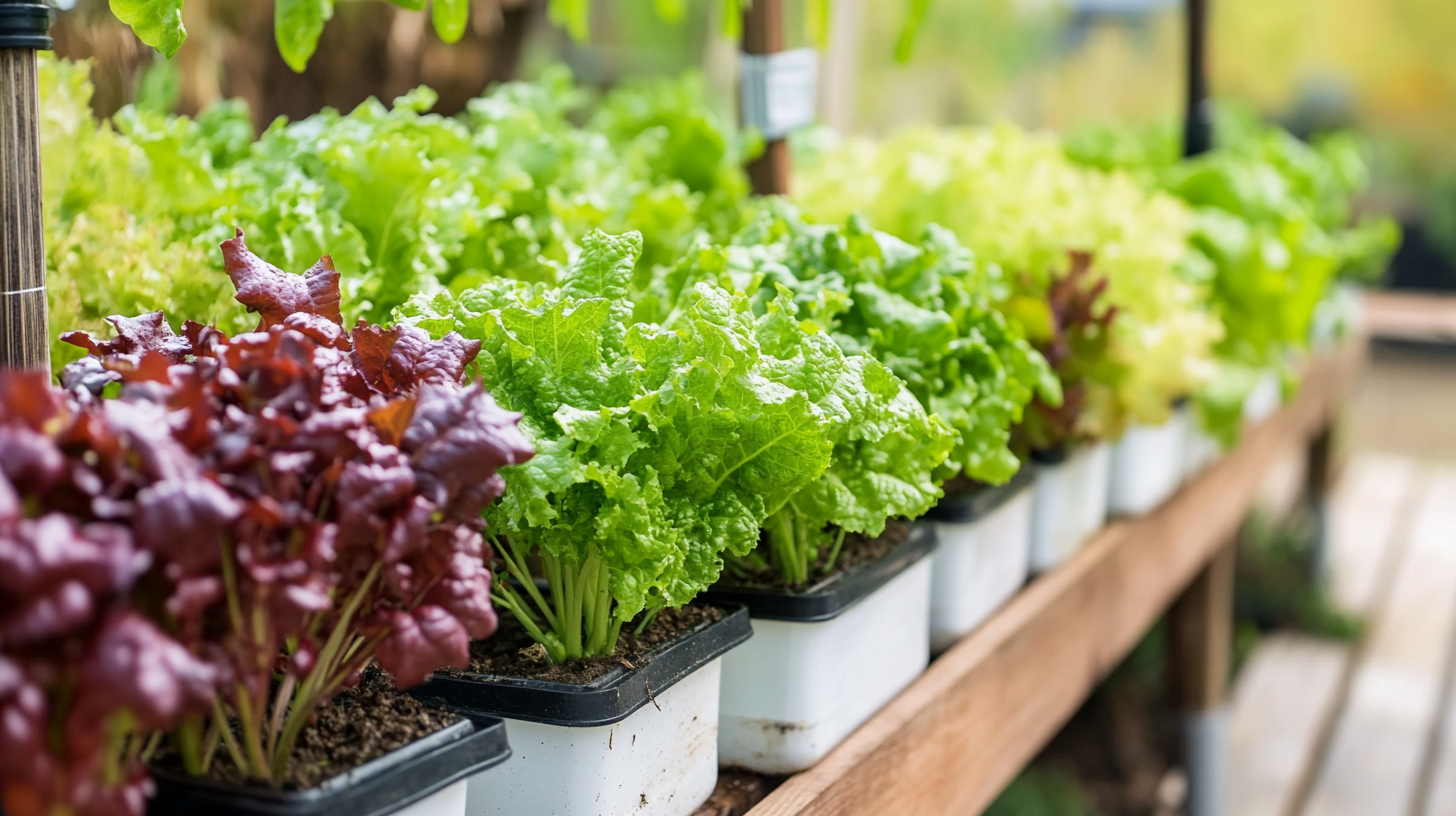Hydroponic gardening has been gaining popularity in recent years, and with it, the question of whether hydroponic seeds are different from traditional seeds has become a topic of interest. As more and more people turn to hydroponics as a means of growing their own food, understanding the role of seeds in this method of gardening is crucial. In this article, we’ll delve into the world of hydroponic seeds, exploring what makes them unique, their benefits, and whether they’re truly different from their traditional counterparts.
What are Hydroponic Seeds?
Hydroponic seeds are not a specific type of seed, but rather seeds that are bred and selected for their ability to thrive in hydroponic systems. These systems, which involve growing plants in a nutrient-rich solution rather than soil, present unique challenges for seeds. Hydroponic seeds are designed to overcome these challenges, providing growers with a higher chance of success.
Defining Hydroponic Seeds and Their Purpose
Hydroponic seeds are not genetically modified, but rather, they are the result of careful breeding and selection. They are chosen for their ability to germinate quickly, develop strong root systems, and absorb nutrients efficiently. This is in contrast to traditional seeds, which are often bred for specific traits such as flavor, texture, or disease resistance.
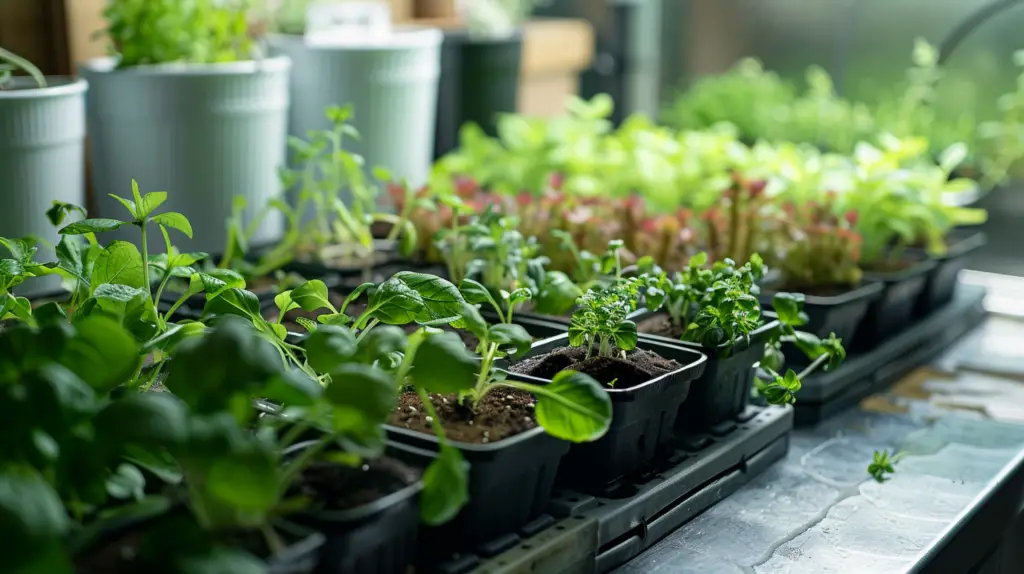
Key Characteristics of Hydroponic Seeds
So, what makes hydroponic seeds special? There are several key characteristics that set them apart from traditional seeds.
Faster Germination Rates
Hydroponic seeds are bred to germinate quickly, often within 24-48 hours. This is in contrast to traditional seeds, which can take several days or even weeks to germinate. Faster germination rates are essential in hydroponic systems, where the goal is to get plants growing as quickly as possible.
| Seed Type | Germination Rate |
|---|---|
| Hydroponic | 24-48 hours |
| Traditional | 3-14 days |
Improved Root Structure
Hydroponic seeds are designed to develop strong, healthy root systems. This is crucial in hydroponic systems, where the roots are responsible for absorbing nutrients from the solution. A strong root system allows plants to grow more quickly and healthily.
Enhanced Nutrient Uptake
Hydroponic seeds are engineered to absorb nutrients efficiently from the solution. This is in contrast to traditional seeds, which are adapted to absorb nutrients from soil. Efficient nutrient uptake is essential in hydroponic systems, where the goal is to provide plants with exactly the right amount of nutrients.
Benefits of Using Hydroponic Seeds
So, why choose hydroponic seeds for your garden? There are several benefits to using these seeds, including:
Increased Yields
Hydroponic seeds are bred to produce higher yields than traditional seeds. This is due to their ability to absorb nutrients efficiently and grow quickly.
| Seed Type | Average Yield |
|---|---|
| Hydroponic | 20-30% higher |
| Traditional | Standard yield |
Better Disease Resistance
Hydroponic seeds are often bred for disease resistance, which is essential in hydroponic systems. These systems can be prone to disease, and using seeds that are resistant to disease can help prevent outbreaks.
Simplified Nutrient Management
Hydroponic seeds are designed to thrive in controlled nutrient environments. This makes it easier for growers to manage nutrient levels, as they know exactly what their plants need.
Can You Use Traditional Seeds in Hydroponic Systems?
While hydroponic seeds are specifically designed for hydroponic systems, it is possible to use traditional seeds. However, there are some pros and cons to consider.
Pros: Cost-Effectiveness and Availability
Traditional seeds are often less expensive than hydroponic seeds, and they are widely available. This can make them a tempting option for growers on a budget.
Cons: Lower Yields and Increased Maintenance
However, traditional seeds may not perform as well in hydroponic systems. They may require more maintenance, as growers will need to adjust nutrient levels and pH to accommodate the seeds’ needs.
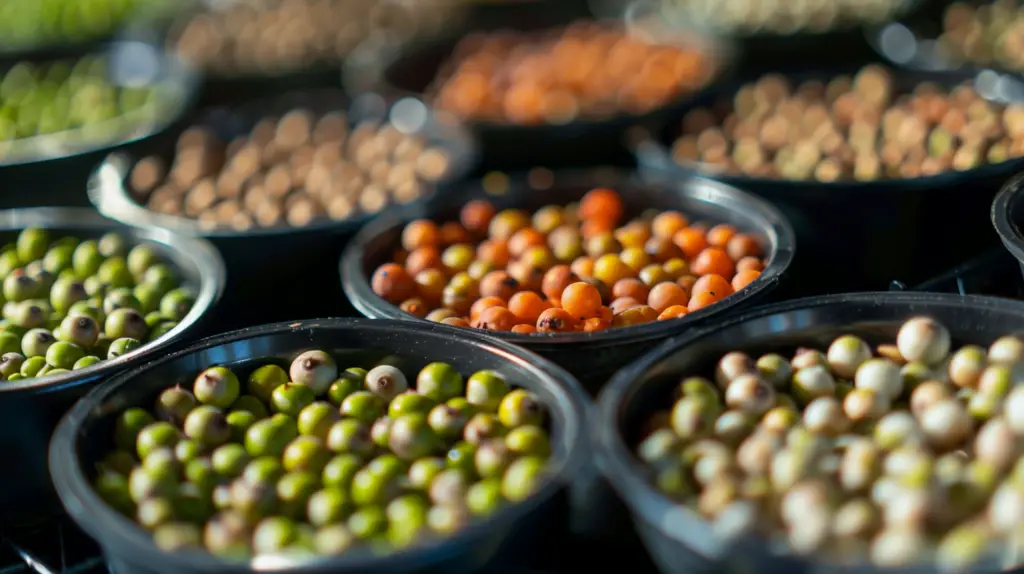
How to Choose the Right Hydroponic Seeds
With so many hydroponic seeds on the market, choosing the right ones for your garden can be overwhelming. Here are a few tips to keep in mind:
Consider Your Climate and Growing Conditions
When choosing hydroponic seeds, it’s essential to consider your climate and growing conditions. Some seeds are bred for specific climates or conditions, so make sure to choose seeds that are suitable for your environment.
Look for Seeds Specifically Designed for Hydroponics
When shopping for hydroponic seeds, look for seeds that are specifically designed for hydroponic systems. These seeds will be bred for their ability to thrive in a nutrient-rich solution, and will provide the best results.
Conclusion
In conclusion, hydroponic seeds are not fundamentally different from traditional seeds, but they are bred and selected for their ability to thrive in hydroponic systems. By understanding the unique characteristics and benefits of hydroponic seeds, growers can make informed decisions about which seeds to use in their gardens. Whether you’re a seasoned hydroponic grower or just starting out, choosing the right seeds can make all the difference in the success of your garden.
Final Thoughts
Hydroponic seeds are a valuable tool for growers, providing a higher chance of success in hydroponic systems. By choosing seeds that are specifically designed for hydroponics, growers can enjoy higher yields, better disease resistance, and simplified nutrient management. Whether you’re growing for personal use or commercially, hydroponic seeds are definitely worth considering.
